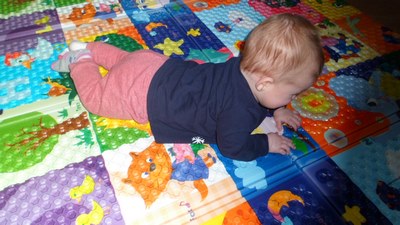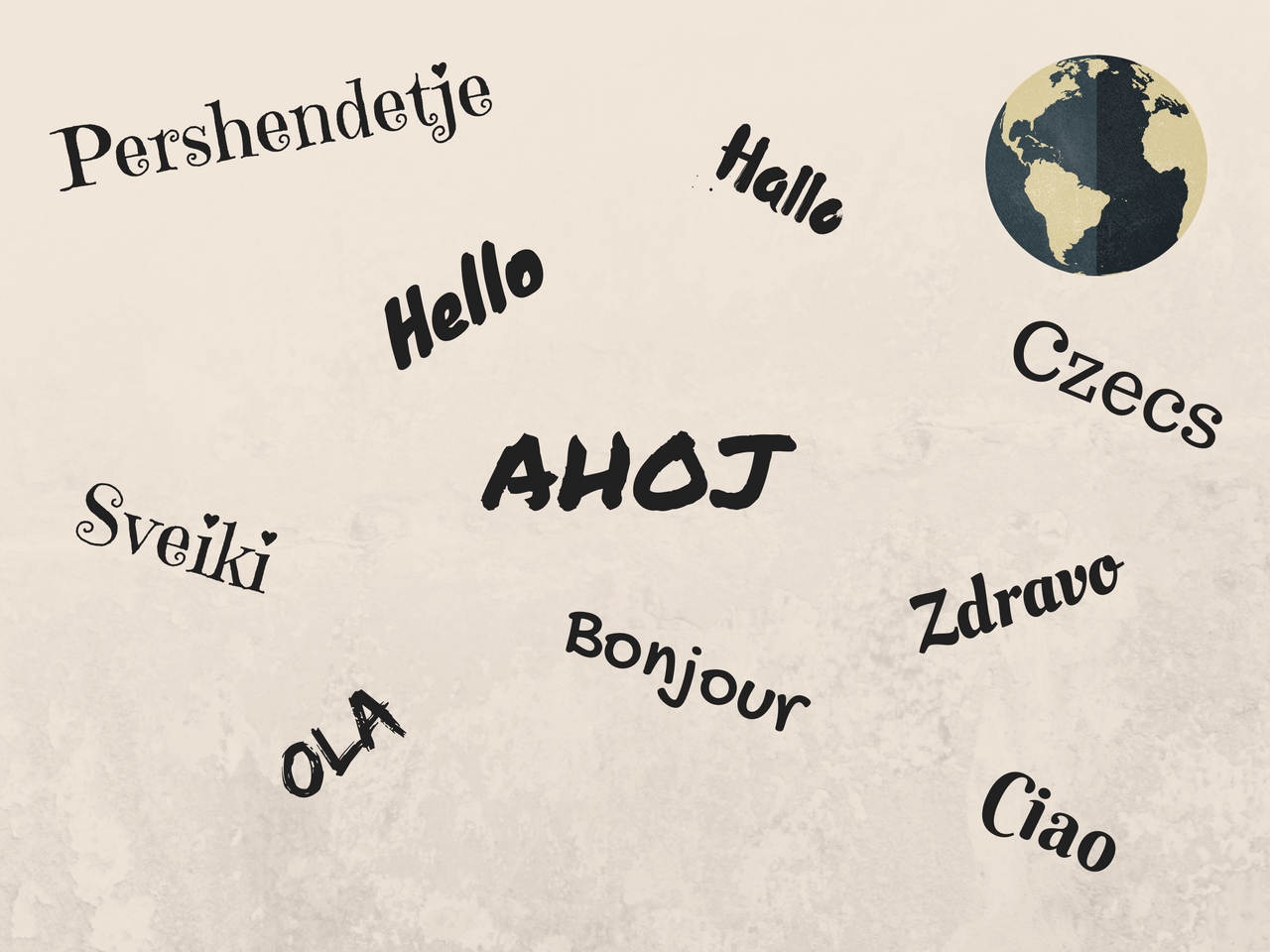Before we get into that funny part of being bilingual, let me just say that I’ve never really considered myself as being bilingual. Yes, I’m quite fluent in my second language, English, but nowhere near as fluent as in my mother tongue, Slovak. I always thought that bilingual means speaking two languages at the same native language level. It turns out that bilingualism doesn’t always have a straightforward definition. Bilingual can also be referred to a person who speaks two languages, which I do. No mention of proficiency. So, could I really call myself a bilingual person? Maybe yes, maybe not, but for the purpose of this blog, I’ll stick with bilingualism, as it’s easier than to call myself someone who can speak two languages. Now, let’s get back to the point.
Being bilingual is great. Coming from a small country like Slovakia, learning a new language is almost a necessity these days. Having a sound knowledge of a widespread and spoken language, such as English, opens the door to many opportunities and allows me to connect with people from different cultures and parts of the world. I wouldn’t go very far with my mother tongue alone.
But there are times when being bilingual creates some funny moments and situations that can leave you feeling a bit embarrassed or silly at least.
When you travel and start to mix up the languages
Does it ever happen to you that when you go home from abroad or the other way round, you tend to mix the two languages for the first few days? Someone talks to you in your mother tongue, and without a slight hesitation, you join the conversation in English. Every time I travel home I find myself exactly in this situation. When it happens around my family and friends, it’s kind of normal by now; they are used to me mixing the two languages together. But when I use the ‘wrong’ language with strangers, that’s when I’m getting some weird looks.
Thinking about my recent visit to Slovakia, I can already come up with a situation when I was on a train traveling to meet a friend. I was listening to a podcast on my phone (in English, of course), when I had to change the train and board another one. As I was sitting on the second train waiting for it to move, still with my head buried in my phone, I suddenly became confused and wondered whether I am in the right one. I knew there was another one going in the opposite direction. I immediately asked the lady sitting next to me: Is this train going to…..? Then I quickly realised I’m talking in English not Slovak and corrected myself. But that doesn’t change the fact that I was feeling like an idiot at that moment.
Another such incident happened just recently after I returned from my holiday in Slovakia. I was out and about with my daughter when I saw someone I knew. Instead of saying Hello to them, I said Dobry; that’s hello in Slovak. Ups, awkward.
When you forget words in your native language
How many times have I had a conversation with a family member or a friend, and I couldn’t for the love of God remember how to say something in my native language. The word usually comes to mind only in English, and I can’t recall how to say it in Slovak. Sometimes it’s really simple words like petrol and diesel, just thinking of some recent ones. Being exposed to a second language on a day to day basis makes it easy to cause some confusion. You start to think, even dream, in your second language. Great for strengthening your second language knowledge, not so great for keeping your mother tongue up to a perfect standard.
Being exposed to a second language on a day to day basis makes it easy to cause some confusion. You start to think, even dream, in your newly acquired language. Great for strengthening your second language knowledge, not so great for keeping your mother tongue up to a perfect standard.
When people overhear a conversation, you don’t want them to hear
A few years back I was in Edinburgh with a friend from the Czech Republic (we understand each other easily as our languages are very similar). We went to a cafe where we saw a cute waiter. We happily commented on his gorgeous looks, and much to our horror, after a while he started talking to us in Czech. Yep, he overheard and understood our whole conversation, which was a little bit awkward, to say the least. Our faces must have gone proper red at that moment.
Then there are times when I’m the one who overhears some conversation, that wasn’t meant to be heard, but yeah, people still forget that they are not the only ones in their community speaking a particular minority language.
When you teach others your swear words
Isn’t it funny how quickly people pick up swear words in a foreign language? Since I’ve been to the UK, there have been a fair amount of individuals I taught how to swear in my language. Yes, some may ask questions like How do you say ‘Hello’ or ‘How are you’ in your language? But swear words are the ultimate favourites and probably easier to remember as well. Oh, and then comes the question like How do you say ‘I love you’? A bit of a contrast there I think. Nevertheless, it’s hilarious when people try to repeat whatever you teach them in a funny foreign accent.
What about you? Have you ever experienced some funny situations because of bilingualism? I would love to hear about it.
Zuzana





2 Comments
Well my husband is a strictly an English speaker and I am English and Spanish. I think what gets me is when people ask me to really random words like “bacon and eggs” or something. Its funny how yo say that you speak your other language not as well as English. I am like that as well as I can’t read or write in Spanish but I speak it really well.
Random words, yes I get that a lot too. Thank you for commenting.